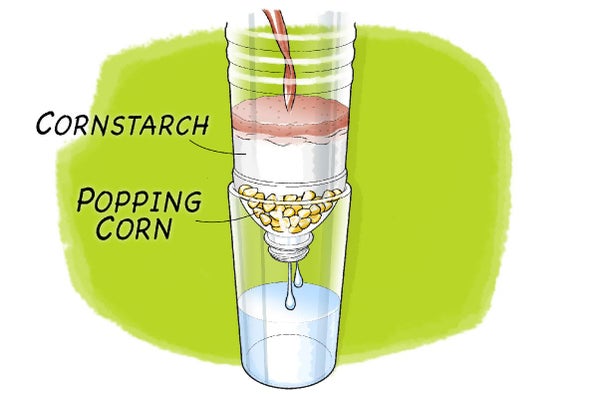 |
| |
| |
 |
| |
| |
| |
| |
| |
| |
| |
| |
| |
| |
| Public Health The Monkeypox Outbreak What the virus is, how it spreads, and how it is being handled: here's what you need to know about monkeypox | | | | |
| |
FROM THE STORE
 | | The Age of Humans Humans have accomplished a great deal in our relatively short history - and have left our mark on Earth in the process. In this eBook, we examine the story of us: how we got here, the world we've built and how we'll need to continue to adapt if we are to manage our impact on the planet and build a better future. *Editor's Note: This Collector's Edition was published as The Age of Humans. The eBook adaptation contains all of the articles, but some of the artwork has been removed to optimize viewing on tablet devices.
|  | | |
BRING SCIENCE HOME
 | | How Dirt Cleans Water |  Why is fresh spring water so clean? Because it has spent some time in the dirt! Try filtering your own "dirty" water with different materials--and see how the right "soil" can clean it up! Credit: George Retseck | Have you ever noticed the claim on a bottle of water that it contains "spring water"? More than half of the bottled water sold in the U.S. is labeled this way, but only a fraction of this water actually flowed naturally from a spring. Most is from groundwater that is sucked up by pumps (which are installed near a spring). In 2014 this was about 22.7 billion liters of water. That is a lot of water! You might wonder how water is stored underground—and what replenishes these reservoirs. In this activity you will create a model, fill up three reservoirs and evaluate how clean the water in these reservoirs becomes. Will your "groundwater" be as tasty as spring water? Try this activity to find out! | |  | |
LATEST ISSUES
 |
| |
| Questions? Comments?  | |
| Download the Scientific American App |
| |
| |




